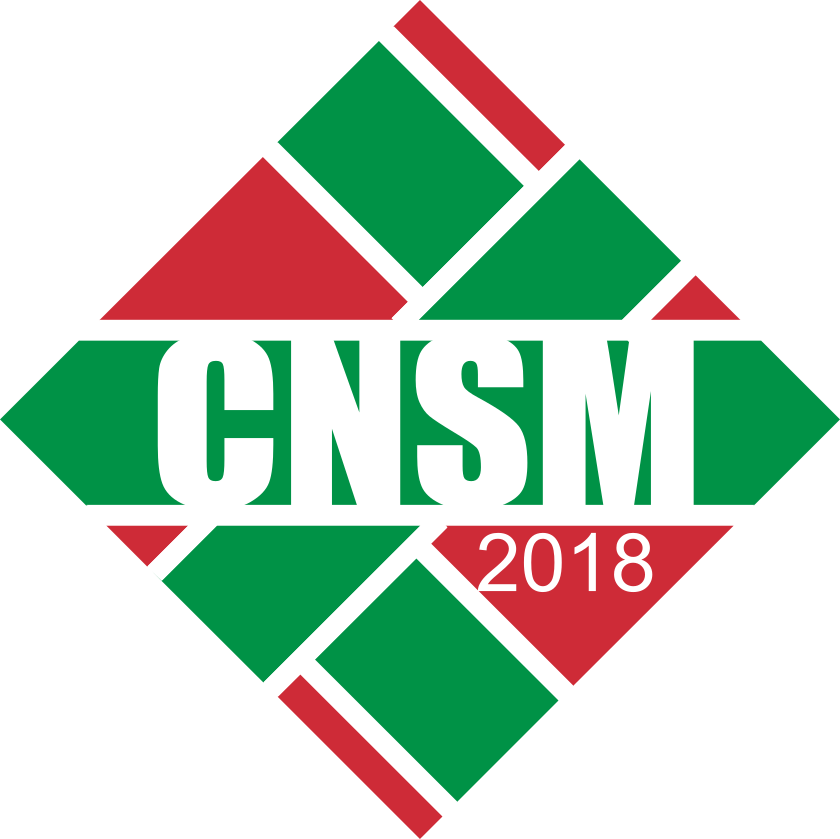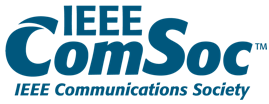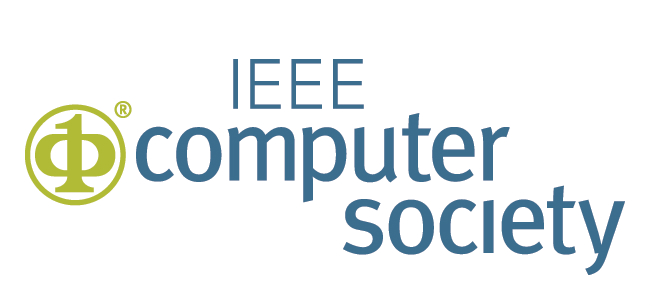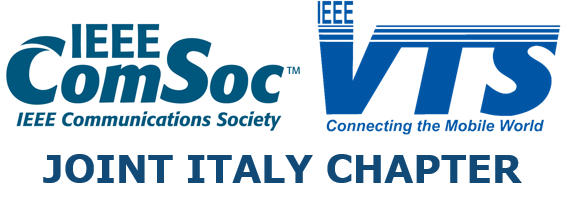Distinguished Expersts Panel
Moderator: Prosper Chemouil
Title: The Advent of Network Automation at last?
Abstract: From the early days of networking, automation has been a goal to efficiently and safely run networks. Automatic control congestion mechanisms had been implemented to protect network equipment from overload. Dynamic routing and flow control mechanisms were proposed to maximize throughput overall. Expert systems had been implemented too in the early 90’s but wide deployment did not arise.
Such automated approaches were mostly suggested for network management and improved to address anomaly detection. Over the years, network automation has been addressed with various paradigms such as programmable and active networks which were considered under the framework of autonomic networking. More recently, the use of Artificial Intelligence made the concept evolve towards to cognitive networking, while SDN has provided an architectural framework for self-driven networks. Though studies and proof-of-concepts have been widely proposed and showcased, the Big Day for network Automation is still to come.
Meanwhile recent advances are showing that we may soon reach a turning point in network automation: constraints imposed by the wide use of virtualization and cloud computing techniques and progress in data science based upon the use of different types of data and their processing through machine learning may provide solutions to address network and service complexity. The panel is intended to address evolution and will cover the following issues:
-
How network automation has evolved since initial ideas (automation, autonomic, active, cognitive, intelligent, etc…)?
-
What is the impact of virtualization and programmability concepts on Network Automation?
-
What the current ingredients for Network Automation: policy-based, Intent-based, data-based?
-
How Network Automation would be deployed at the edge, in radio access networks or for IoT services?
-
How the emergence of Open Source Network Automation Platforms is helping or hindering deployment?
-
How AI is expected to help Network Automation?
Panelists
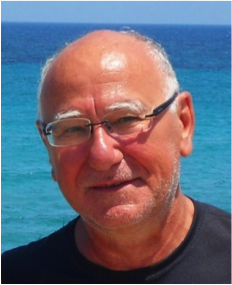
Bio: Prosper Chemouil is retired of Orange Labs, the R&D Unit of the Orange Group, where he was a Research Director on Future Networks. He started his career in 1980 in the Teletraffic and Network Planning Department of the then Centre National d'Études des Télécommunications (CNET, then France Telecom R&D and now Orange Labs). His research interests are with the design and management of new networks and technologies, and their impact on network architecture, traffic engineering and performance, with significant involvement in standardization at ITU-T over 25 years, and in international collaborative projects. Prosper has been involved in networking paradigms like information-centric, programmable and cognitive networking. In October 2016, he became co-chair of the IEEE SDN Initiative, and is now a member of the IEEE ComSoc Industry Communities Board, representing SDN/NFV/Cloud area. Prosper received the Engineer Diploma, the M.Sc. and Ph.D. degrees in control theory from École Centrale de Nantes, France, in 1975, 1976 and 1978, respectively. Nominated as French Senior Engineer of the Year in 1995, Prosper received several awards: the Blondel Medal (1996), the Ampère Medal (2003), the Salah Aidarous Memorial Award (2014) and the Arne Jensen Lifetime Achievement Award (2015). Member of IEEE for 30 years, he is a Fellow of the IEEE (2003) and SEE, the Electrical and Electronical Society of France (2000).
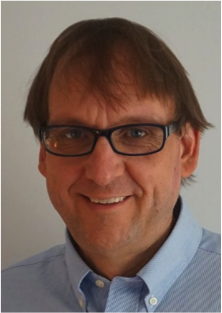
Bio: Alex Clemm is a Distinguished Engineer at Huawei’s Future Networks and Innovation Group in Santa Clara, California. He has been involved in networking software and management technology throughout his career, providing technical leadership for many products from conception to customer delivery, most recently in the areas of high-precision networks and future networking services as well as network analytics, intent, and telemetry. He has served on the Organizing and Technical Program Committees of many management and network softwarization conferences, including as General Co-Chair of CNSM 2007 and IM 2013 as well as TPC Co-Chair of IM 2005, Netsoft 2017, and IM 2019. He has around 50 publications, 50 issued patents, and several books (including “Network Management Fundamentals”) and RFCs. Alex holds an MS degree in Computer Science from Stanford University and a Ph.D. from the University of Munich, Germany.
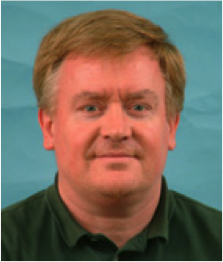
Bio: Christian Jacquenet graduated from the Ecole Nationale Supérieure de Physique de Marseille, a French school of Engineers. He joined Orange in 1989, and he is currently the Referent Expert of the “Networks of the Future” Orange Expert community. Until recently, he was the Director of the Strategic Program Office for advanced IP networking within Orange Labs. He is also the head of Orange’s IPv6 Program that aims at defining and driving the enforcement of the Group’s IPv6 strategy. He conducts development activities in the areas of Software-Defined Networking (SDN), IP networking, automated service delivery procedures, including service function chaining techniques. He authored and co-authored several Internet standards in the areas of dynamic routing protocols and resource allocation techniques, as well as numerous papers and books in the areas of IP multicast, traffic engineering and automated IP service delivery techniques. He also holds several patents in the areas of advanced home and IP networking techniques.
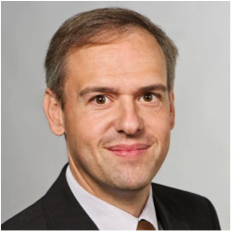
Bio: Wolfgang Kellerer is a full professor with the Technical University of Munich (TUM), Germany, heading the Chair of Communication Networks at the Department of Electrical and Computer Engineering. Before, he was for over ten years with NTT DOCOMO's European Research Laboratories. His last position was head of the research department for wireless communication and mobile networking. His current research focuses on flexible networking based on SDN/NFV and wireless M2M networking towards 5G. He received his Dr.-Ing. degree (Ph.D.) and his Dipl.-Ing. degree (Master) from TUM, in 1995 and 2002, respectively. His research resulted in over 200 publications and 35 granted patents. In 2015, he has been awarded with an ERC Consolidator Grant from the European Commission for his project FlexNets: "Quantifying Flexibility in Communication Networks". He is a member of ACM, VDE ITG, and a Senior Member of IEEE.



